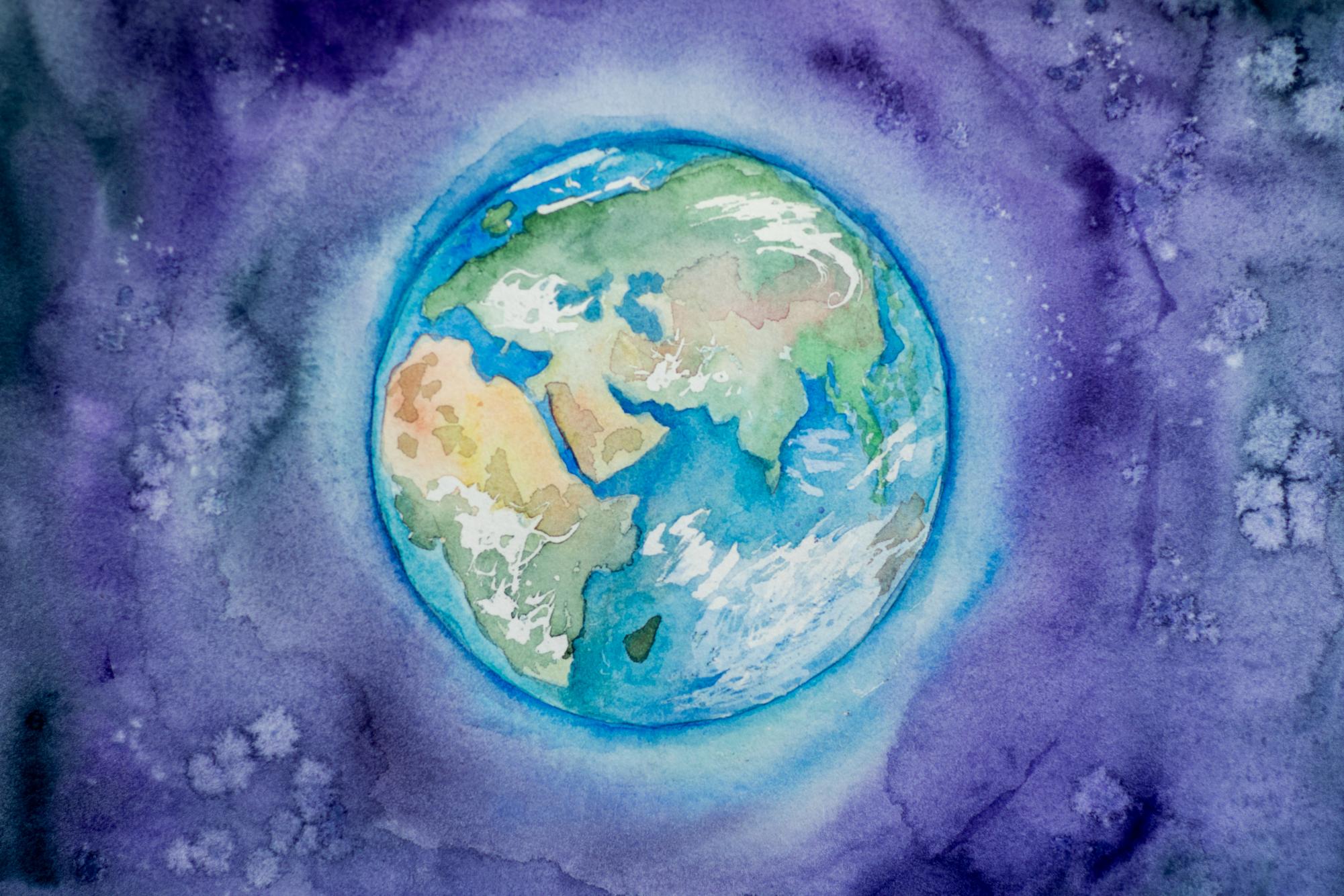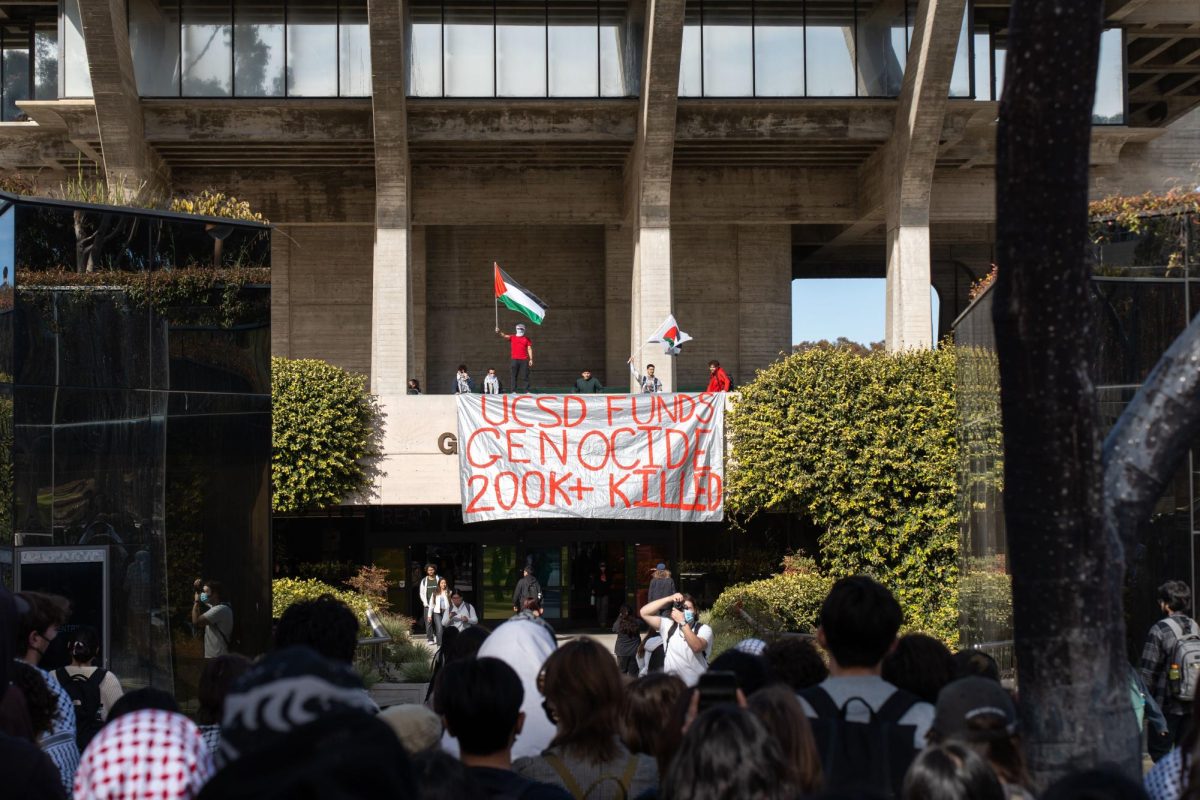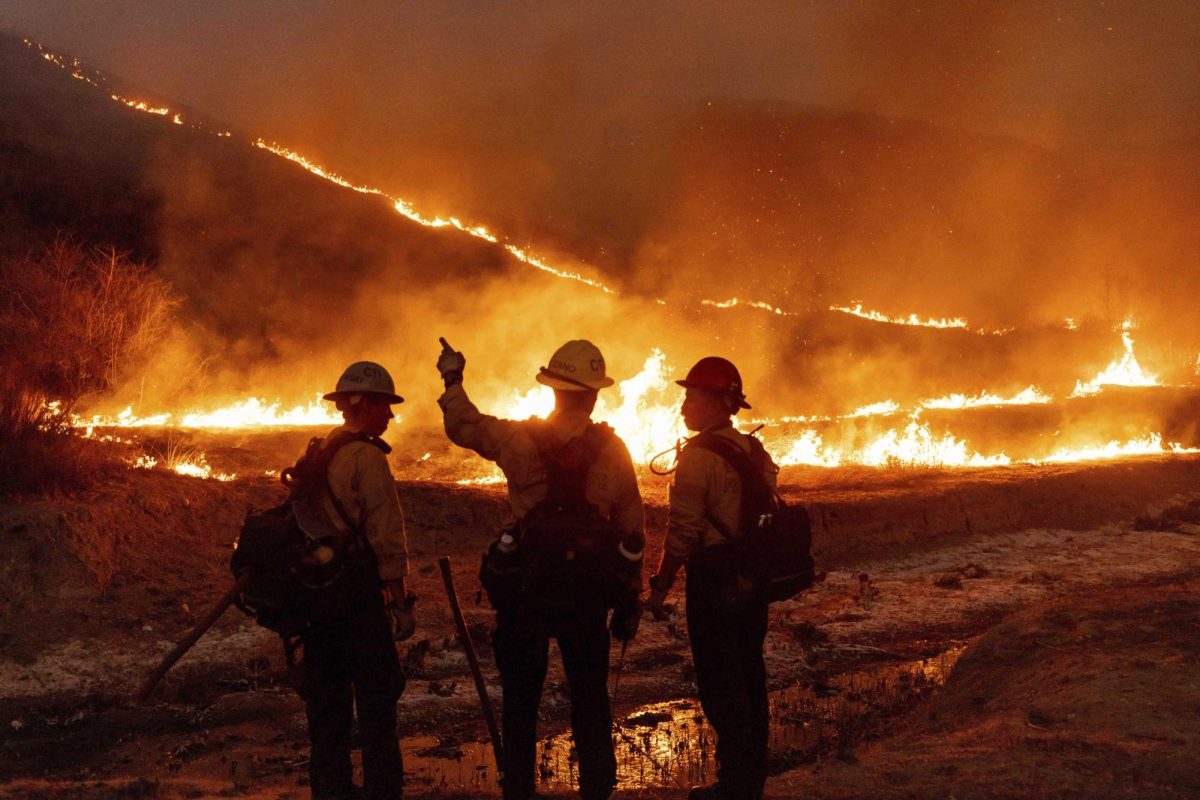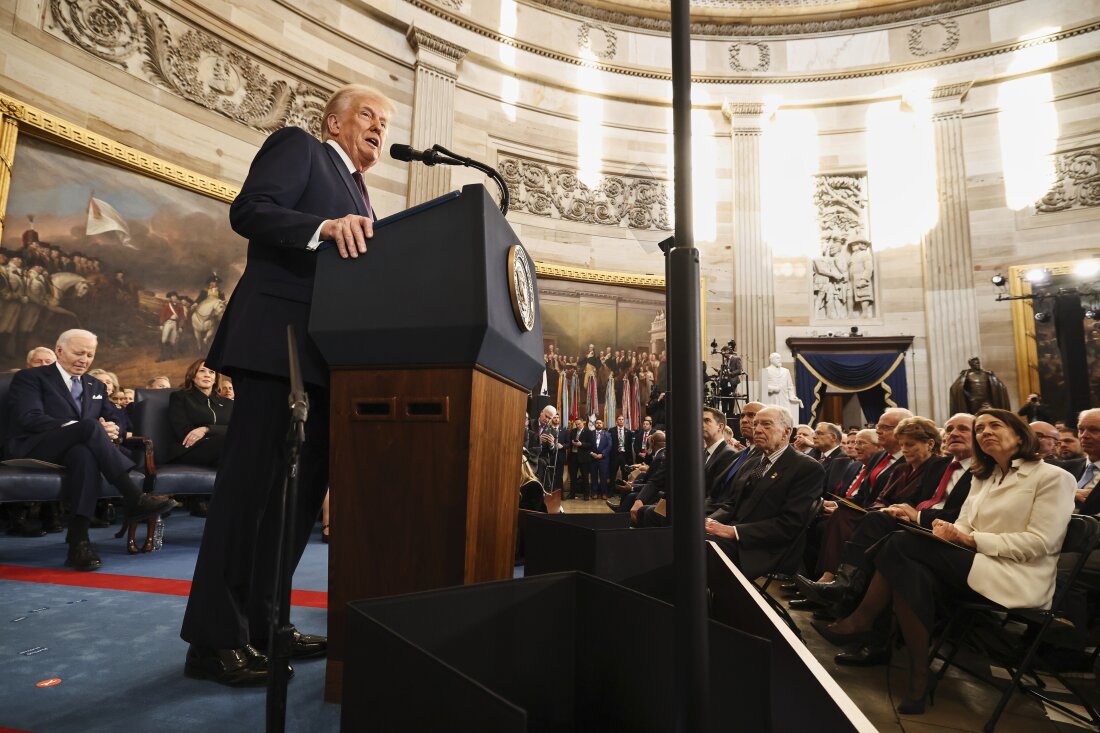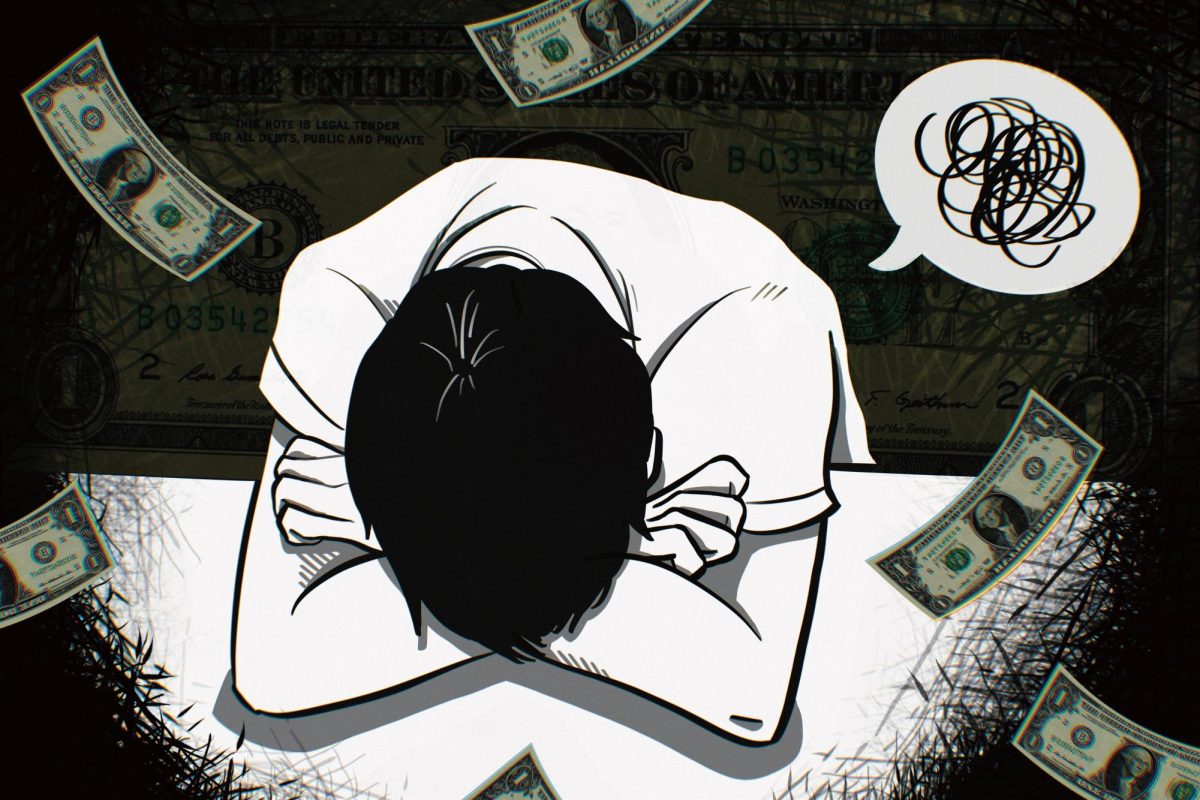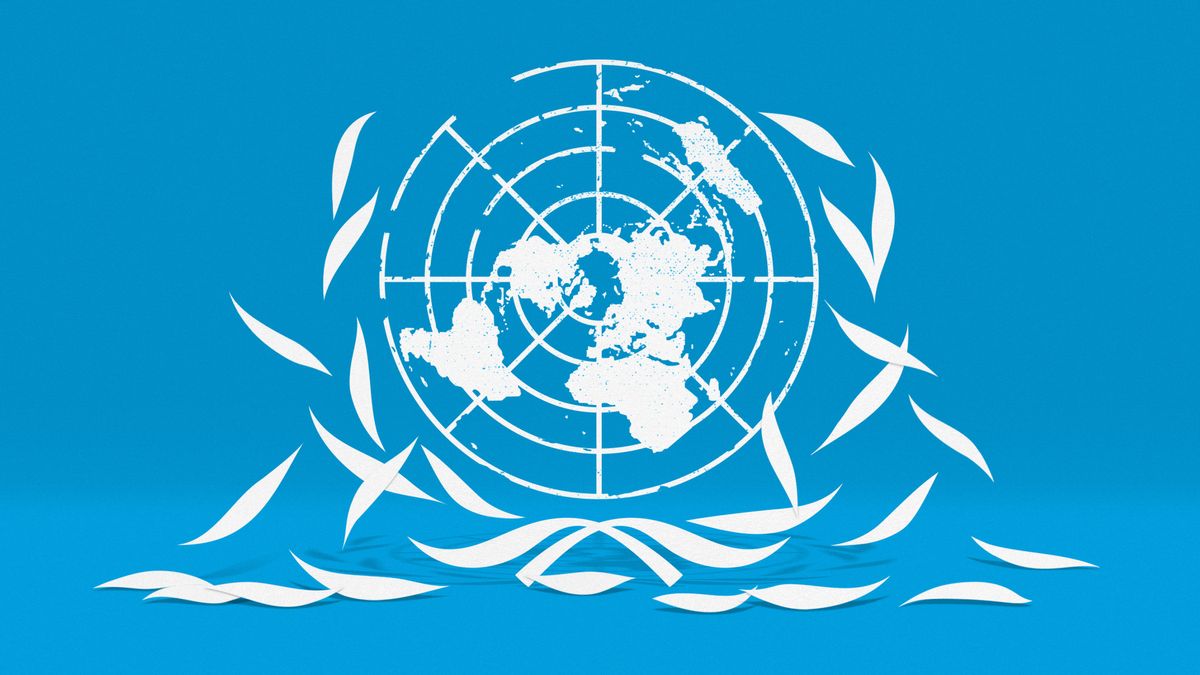This piece was submitted by Raihan Alam, a graduate student at UC San Diego’s Rady School of Management and a member of Green New Deal at UCSD.
The first acknowledgment of Earth Day came in the form of a protest in 1970, over 50 years ago. More than 20 million Americans took to the streets, 10% of the population at the time, demanding environmental protections. This grassroots movement emerged against the backdrop of the 1960s student protests against the Vietnam War and the publication of Rachel Carson’s seminal expose of industrial-scale pesticide usage titled “Silent Spring.” The previous year also witnessed a series of environmental disasters, such as the Cuyahoga River fire and a massive Santa Barbara oil spill.
In terms of sheer numbers and political gains, the protest was a massive success. It was the largest American protest at the time, and eight months after the protest, the federal government established the Environmental Protection Agency, paving the way for the passage of landmark environmental legislation like the Clean Air Act of 1970, the Clean Water Act of 1972, and the Endangered Species Act of 1973. Over the years, Earth Day evolved into a global movement, with people worldwide coming together on April 22 to emphasize our collective responsibility to safeguard Earth for future generations. Last year, it was estimated that over 1 billion people participated in Earth Day activities.
However, the spirit of Earth Day has been compromised by corporate interests. What was once a potent rallying cry for environmental protection has been diluted into a platform for marketing and half-measures. While the first Earth Day consisted of mass protests and radical teach-ins, companies often seize this day to announce sustainability commitments that lack clear transparency, making it difficult to hold them accountable. Moreover, many governments, universities, and corporations promote lackluster solutions, such as biofuels and carbon capture. In doing so, they demonstrate a failure to grasp the gravity of the existential crisis we face and introduce distractors drawing our attention away from the reforms we need to prevent environmental catastrophe.
Sadly, this trend has not spared our own institution. As Earth Day approaches, UC San Diego has advertised miscellaneous events focused on individual eco-consciousness, such as making upcycled art and planting trees. This comes at a time when only 20 companies are linked to 35% of all energy-related carbon dioxide and methane worldwide since 1965, many of them touting sustainability pledges while their actions fall short of genuine commitment to environmental protection. To put this into perspective, emissions from these 20 companies surpass those of entire nations. While it’s good that our university is attempting to foster a spirit of environmental stewardship, it is critical that these events serve as a springboard for larger actions and conversations on the urgent need for immediate systemic change and corporate accountability.
It is imperative to return to the roots of Earth Day and advocate for radical action. Denis Hayes, a long-time environmental activist who was the lead coordinator of the first Earth Day as an undergraduate student at Stanford, criticized the greenwashing of the event last year. In an interview with The Guardian, Hayes stated, “[Earth Day] has nothing to do with the original sentiments that we had, or the things that motivate millions of people every year to come out and do something positive for the environment.”
In the spirit of those millions of people, Green New Deal at UCSD is hosting a teach-in with various lectures and workshops from 11 a.m. to 1 p.m. on Sixth Lawn on Earth Day. The goal of this event is to reclaim Earth Day from corporate and institutional greenwashing by centering student voices, highlighting the history of successful student activism at UCSD, and bringing awareness to the deep interconnections between the climate crisis and race, class, and gender-based struggles. The hope is to mobilize together to organize and take action against our existential crisis. There is an undeniable energy and hope that emerges when people unite for a common cause, reminding us that we are not alone in our struggles and that many of the obstacles we face on this planet are shared.


